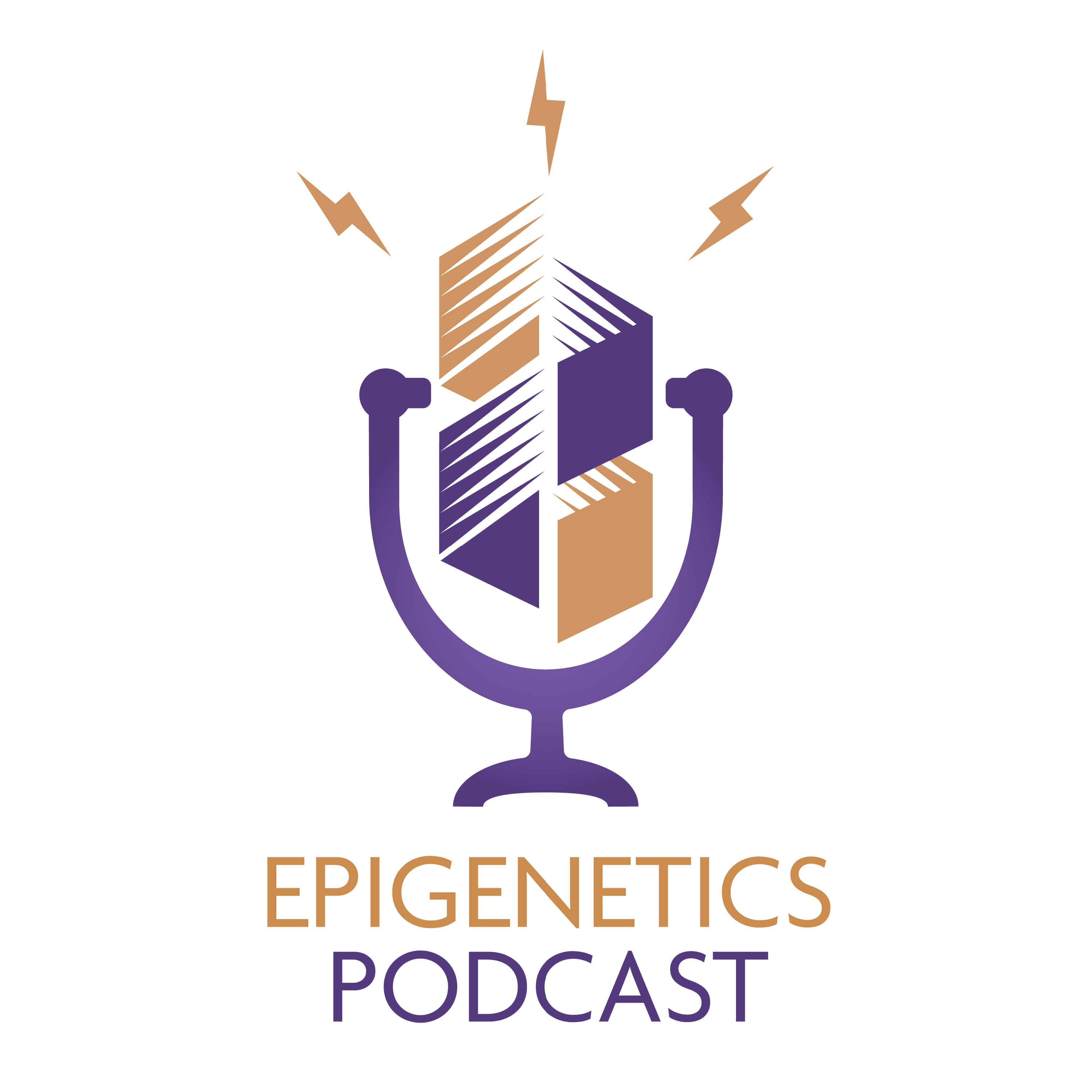- Other
- SEE MORE
- classical
- general
- talk
- News
- Family
- Bürgerfunk
- pop
- Islam
- soul
- jazz
- Comedy
- humor
- wissenschaft
- opera
- baroque
- gesellschaft
- theater
- Local
- alternative
- electro
- rock
- rap
- lifestyle
- Music
- como
- RNE
- ballads
- greek
- Buddhism
- deportes
- christian
- Technology
- piano
- djs
- Dance
- dutch
- flamenco
- social
- hope
- christian rock
- academia
- afrique
- Business
- musique
- ελληνική-μουσική
- religion
- World radio
- Zarzuela
- travel
- World
- NFL
- media
- Art
- public
- Sports
- Gospel
- st.
- baptist
- Leisure
- Kids & Family
- musical
- club
- Culture
- Health & Fitness
- True Crime
- Fiction
- children
- Society & Culture
- TV & Film
- gold
- kunst
- música
- gay
- Natural
- a
- francais
- bach
- economics
- kultur
- evangelical
- tech
- Opinion
- Government
- gaming
- College
- technik
- History
- Jesus
- Health
- movies
- radio
- services
- Church
- podcast
- Education
- international
- Transportation
- kids
- podcasts
- philadelphia
- Noticias
- love
- sport
- Salud
- film
- and
- 4chan
- Disco
- Stories
- fashion
- Arts
- interviews
- hardstyle
- entertainment
- humour
- medieval
- literature
- alma
- Cultura
- video
- TV
- Science
- en
Aging and Epigenetics (Peter Tessarz)

b'The aging population and challenges that arise from aging are one of the great scientific challenges of this time. In the fourth episode of the Epigenetics Podcast from Active Motif, our host Dr. Stefan Dillinger talks with Dr. Peter Tessarz from the Max Planck Institute for Biology of Ageing about his contributions to the field of aging and also, which epigenetic factors play a role in this process.\\nReferences for this episode:\\nTessarz Lab: https://www.age.mpg.de/science/research-labs/tessarz/\\nHayflick, Moorhead. 1961. The serial cultivation of human diploid cell strains. Exp Cell Res. Dec;25:585-621.\\nDonna Lowe, Steve Horvath and Kenneth Raj. 2016. Epigenetic clock analyses of cellular senescence and ageing. Oncotarget. 2016; 7:8524-8531. https://doi.org/10.18632/oncotarget.7383\\nPeter Tessarz, Helena Santos-Rosa, \\u2026 Tony Kouzarides. 2014. Glutamine methylation in histone H2A is an RNA-polymerase-I-dedicated modification. Nature. 2014 Jan 23; 505, 564\\u2013568. doi:10.1038/nature12819\\nPeter Tessarz, Tony Kouzarides. 2014. Histone core modifications regulating nucleosome structure and dynamics. Nature Reviews Molecular Cell Biology. 2014 Oct 15: 15, 703\\u2013708. doi:10.1038/nrm3890\\nPayel Sen, Parisha P. Shah, Rafaella Nativio, & Shelley L. Berger. 2016. Epigenetic Mechanisms of Longevity and Aging. Cell. 2016 Aug 11: 166,4,822-839. DOI: http://dx.doi.org/10.1016/j.cell.2016.07.050\\nActive Motif Contact Details\\nFollow Active Motif on Twitter\\nFollow our Epigenetics Podcast on Twitter\\nJoin us on LinkedIn\\nLike us on Facebook\\nEmail us @Active Motif Europe or Active Motif North America.'